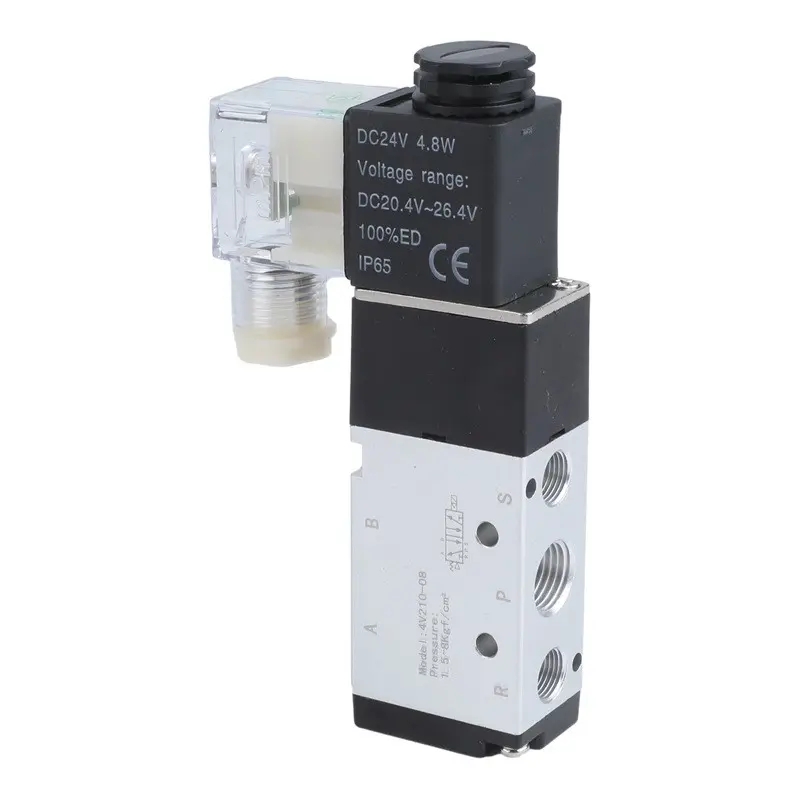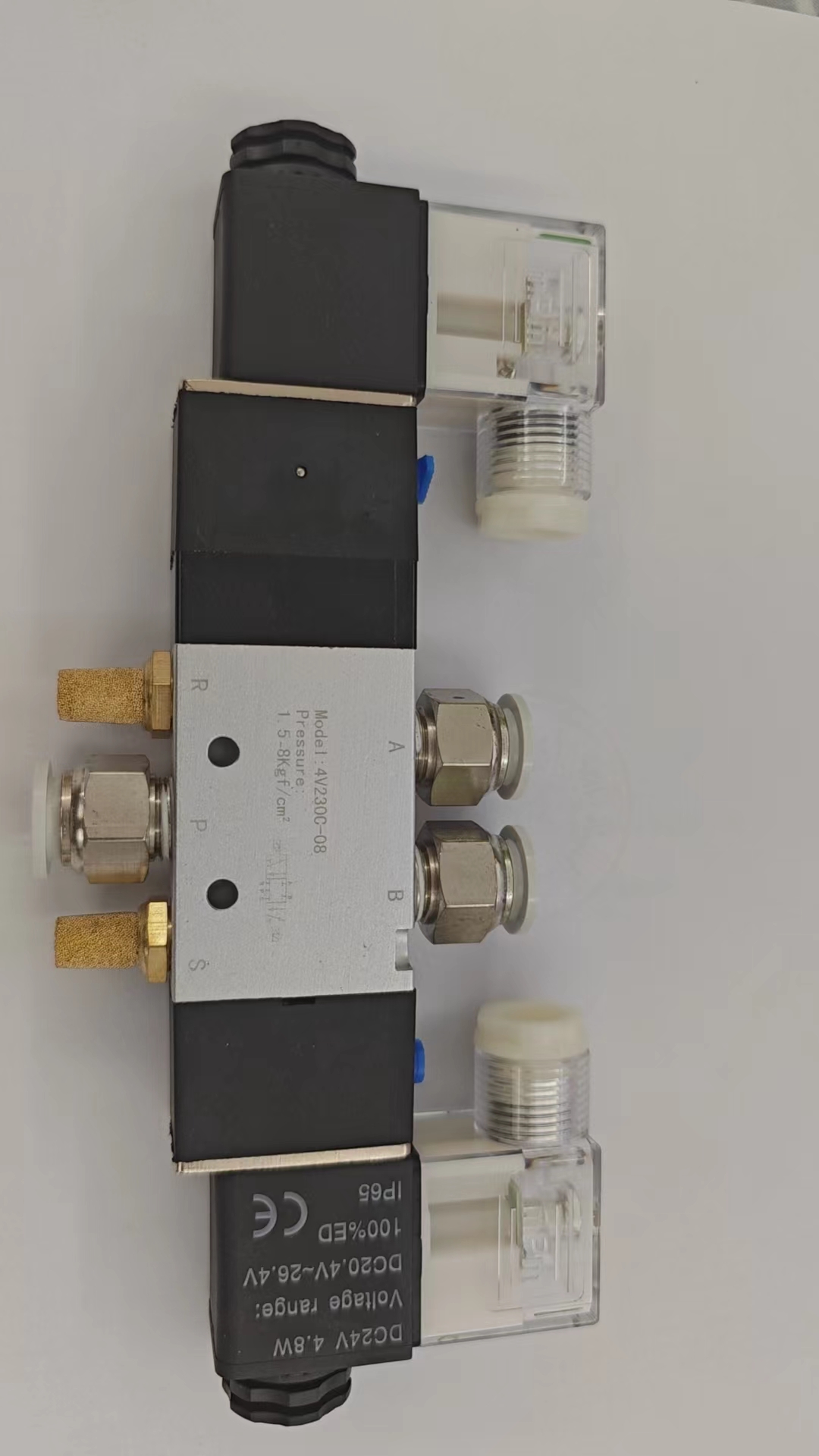A solenoid valve, often called a solenoid valve, is an essential automatic control device that uses an electromagnetic coil to regulate the flow of fluid, whether gas or liquid. These valves consist of a solenoid coil, a piston, a valve body and usually a spring, and operate by passing an electric current through the coil, creating a magnetic field that attracts or repels the piston, thereby opening or closing the valve depending on its specific design. There are two main types of solenoid valves: normally closed (NC) valves, which are closed when the coil is not energized and open when energized, and normally open (NO) valves, which are open when the coil is not energized and closed when energized. Apply energization.
Solenoid valve applications span a variety of industries, including automotive, manufacturing, home appliances, HVAC systems and agriculture. In the automotive sector they are used for fuel injection and transmission control, while in manufacturing they play a vital role in process control. Home appliances such as washing machines and dishwashers rely on solenoid valves to control the flow of water, and in HVAC systems, solenoid valves help manage coolant or water flow. Additionally, in agriculture, solenoid valves are an integral part of irrigation systems. Available in a variety of configurations, including direct-operated and pilot-operated, choosing the right type of solenoid valve depends on factors such as voltage compatibility, flow rate, pressure rating, and media compatibility. These versatile devices are critical to ensuring precise control of fluid flow in numerous critical applications.
The importance of solenoid valves in the automotive industry cannot be overstated. They help to precisely regulate fuel injection and transmission control, helping to improve the vehicle’s efficient performance. In manufacturing, solenoid valves are used for process control, ensuring seamless operation of various industrial processes. Home appliances, including washing machines and dishwashers, rely on solenoid valves to precisely manage water flow, thereby enhancing the overall functionality of these appliances. In HVAC systems, solenoid valves play a key role in controlling the flow of coolant or water, thereby helping to regulate temperature and environmental conditions effectively. Furthermore, in agriculture, solenoid valves are indispensable for the efficient operation of irrigation systems, ensuring optimal water distribution for crops.
The versatility and precision of solenoid valves make them indispensable in a variety of applications. Their ability to precisely control fluid flow, coupled with their reliability and durability, make them the first choice in industries where precision and efficiency are critical. Whether in automotive, manufacturing, home appliances, HVAC systems or agriculture, solenoid valves remain a critical component in ensuring the seamless operation of various processes and systems. As technology advances, the role of solenoid valves in fluid control is expected to become more prominent, further solidifying their position as an important component in many industries.
Post time: Aug-05-2024


